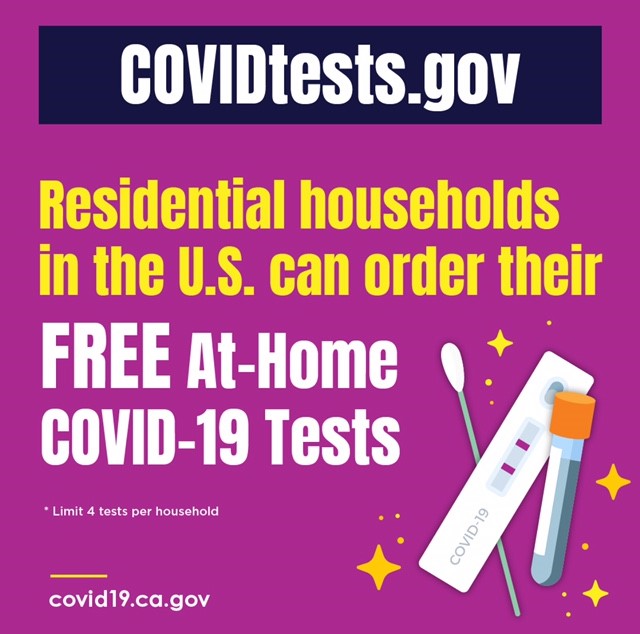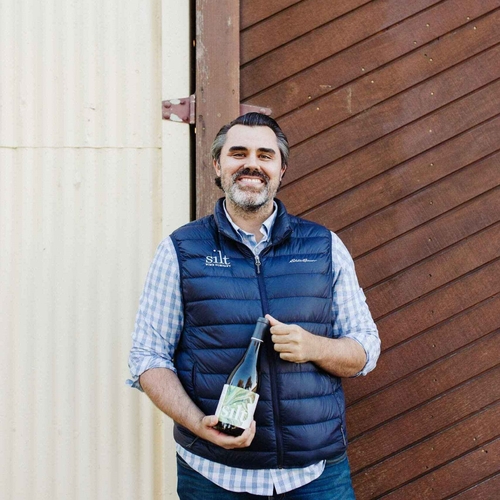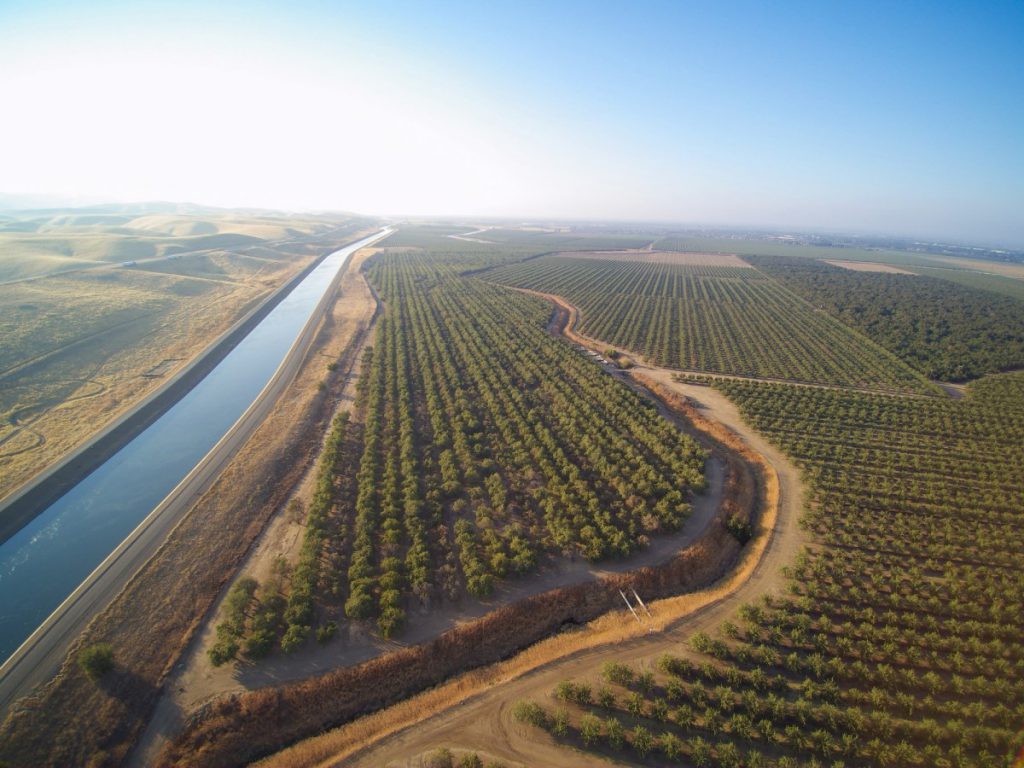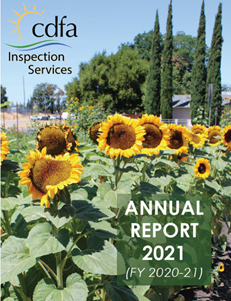Governor Gavin Newsom’s California Blueprint, the proposed state budget for 2022-2023, will provide a number of meaningful opportunities for rural California, including agriculture.
“The investments in this budget are a huge boost for our rural communities as we continue our work for sustainable and resilient food systems and the development of Climate Smart Agriculture programs,” said CDFA secretary Karen Ross. “When we factor in last year’s historic investments we have a truly unique opportunity to meet the challenges and opportunities presented to us in the 21st century.”
Budget highlights include:
Supply Chain Resilience and our state’s Port Infrastructure
$2.3 billion to leverage the $17 billion in federal funding (through IIJA) to upgrade our supply chain infrastructure.
$110 million over three years to establish a Goods Movement Training Campus for the adoption of new technologies to enhance supply chain movement.
Nature-based Solutions for Natural and Working Lands
The 2021 Budget included $768 million one-time General Fund over two years to support implementation of the state’s Natural and Working Lands Climate Smart Strategy and 30×30 Pathways strategy. The Administration has released drafts of these strategies and will incorporate public input into the final documents and proposed budget that will be forthcoming in the spring.
Drought Resilience and Response
$750 million for drought in addition to the $5.2 billion, over 3 years, designated in the last year’s budget.
Multibenefit Land Repurposing – $40 million in additional funding to increase regional capacity to repurpose irrigated agricultural land to reduce reliance on groundwater.
Groundwater recharge is proposed at $30 million to provide grants to water districts to plan and implement recharge projects.
CDFA’s SWEEP Program stands to receive $20 million in this budget for grants to implement irrigation systems that reduce greenhouse gases and save water on agricultural operations. This is in addition to $50 million already designated in last fall’s supplemental budget.
Technical Assistance and Drought Relief for Small Farmers – $10 million ($5 million to CDFA, and an additional $5 million to DWR) to provide mobile irrigation labs, land use mapping and imagery, irrigation education, and direct assistance to small farmers and ranchers who have experienced water cost increases of more than 50 percent.
Climate Smart Agriculture
$85 million for the Healthy Soils Program for on-farm conservation management practices that sequester carbon, reduce GHG emissions, and improve soil health.
$48 million for our Methane Reduction Programs – dairy digesters and alternative manure management.
$25 million to the Climate Catalyst Fund for critical infrastructure projects that help agriculture address the impacts of climate change and be part of the solution.
$15 million for Pollinator Habitat, part of our commitment to biodiversity and nature-based solutions.
$22 million for the Conservation Agriculture Planning Grants Program, which will help farmers and ranchers develop plans that identify actions for climate change mitigation and adaptation.
$150 million for the successful “FARMER” program under CARB to replace older farm vehicles and equipment.
$5 million in General Fund dollars for research into GHG reductions, associated with livestock methane reduction strategies and projects.
Farm to School / Career Training Investments
$30 million (one-time) to expand the California Farm to School Incubator Grant Program and $3 million (ongoing) to establish the regional California Farm to School Network. This is in addition to $30 million already designated in last fall’s supplemental budget.
$450 million (available over three years) to upgrade school kitchen infrastructure and equipment to incorporate more fresh, minimally processed California-grown foods in school meals.
$50 million in one-time General Fund dollars to support equipment and facilities upgrades at the CSU University Farms, which provide hands-on experience for career preparation in climate resilience, regenerative agriculture, animal welfare, food processing, and water and natural resources management.
These career and training investments are in addition to $60 million to be invested through grant solicitations by the Workforce Development Board and the Labor Agency’s Workforce Services Branch.
$185 million to UC for applied climate research; establishment of regional innovation hubs; and, workforce development.
Other Programs at CDFA
Several CDFA budget change proposals would fund positions to implement recently passed legislation important to us all:
- More than $1.1 million, with another million in 24-25, to establish criteria for the phase-out of captive, closed-colony blood banks for animals. Those are to be replaced by community blood banks.
- $287 thousand for Sustainable Animal Agriculture, making sure that animal mortalities are handled in a manner that mitigates the risks to human and animal health, while enhancing stewardship of the environment.
- $537 thousand, with an additional $736 thousand in 23-24 for the State Organic Program to conduct new outreach and education efforts for stakeholders.
- $681 thousand, with $593 thousand more on 23-24, to expand our Alternative Fuels Program in partnership with CARB.
- $150 thousand for Industrial Hemp – we will develop a process to share hemp product registration information with the California Department of Public Health, as required by AB 45 in order to facilitate compliance and enforcement activities.
Ag-Relevant Funding Outside of CDFA
- There are also many items throughout the state budget that provide meaningful investment and incentives to the agricultural business community:
- $85 million for the Food Processor Investment Program, for grants to accelerate the adoption of energy technologies at California food production facilities.
- Key business tax credits are also restored in this budget proposal, including research and development credits and net operating losses that were limited during the COVID-19 Recession.
- The budget proposes an additional $250 million per year for three years for qualified companies headquartered in California that are investing in research to mitigate climate change.
- The budget also includes a new tax credit for those who opt-in to develop green energy technologies—totaling $100 million per year for three years.
“We are fortunate to have such a comprehensive budget, as there are a great many areas in our state—in agriculture and beyond— that are in in need of substantial investment,” said Secretary Ross. “I’m proud of what we’re doing at CDFA, and this budget puts us in a strong position to keep building on what we’ve achieved together.”









